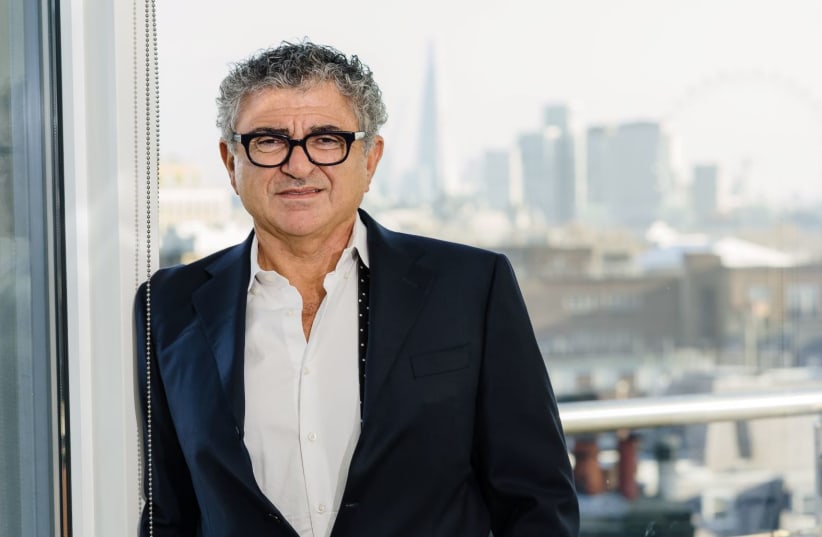British-Iranian property tycoon aims to slash global carbon emissions
"We want to promote healthcare and climate change. Ten percent of US greenhouse emissions are caused by hospitals and pharma. It is a sector all by itself," said Vincent Tchenquiz.

